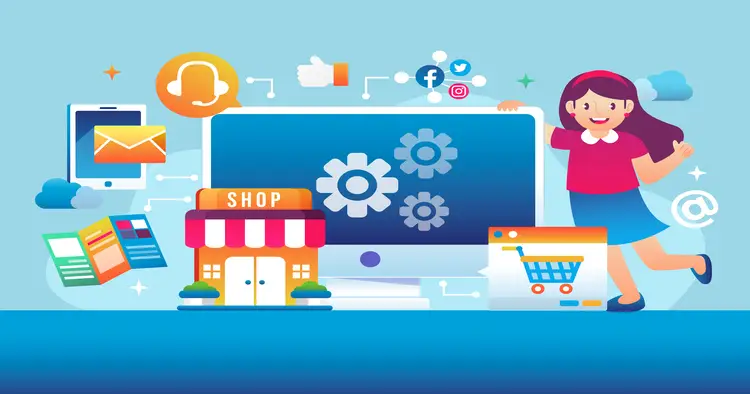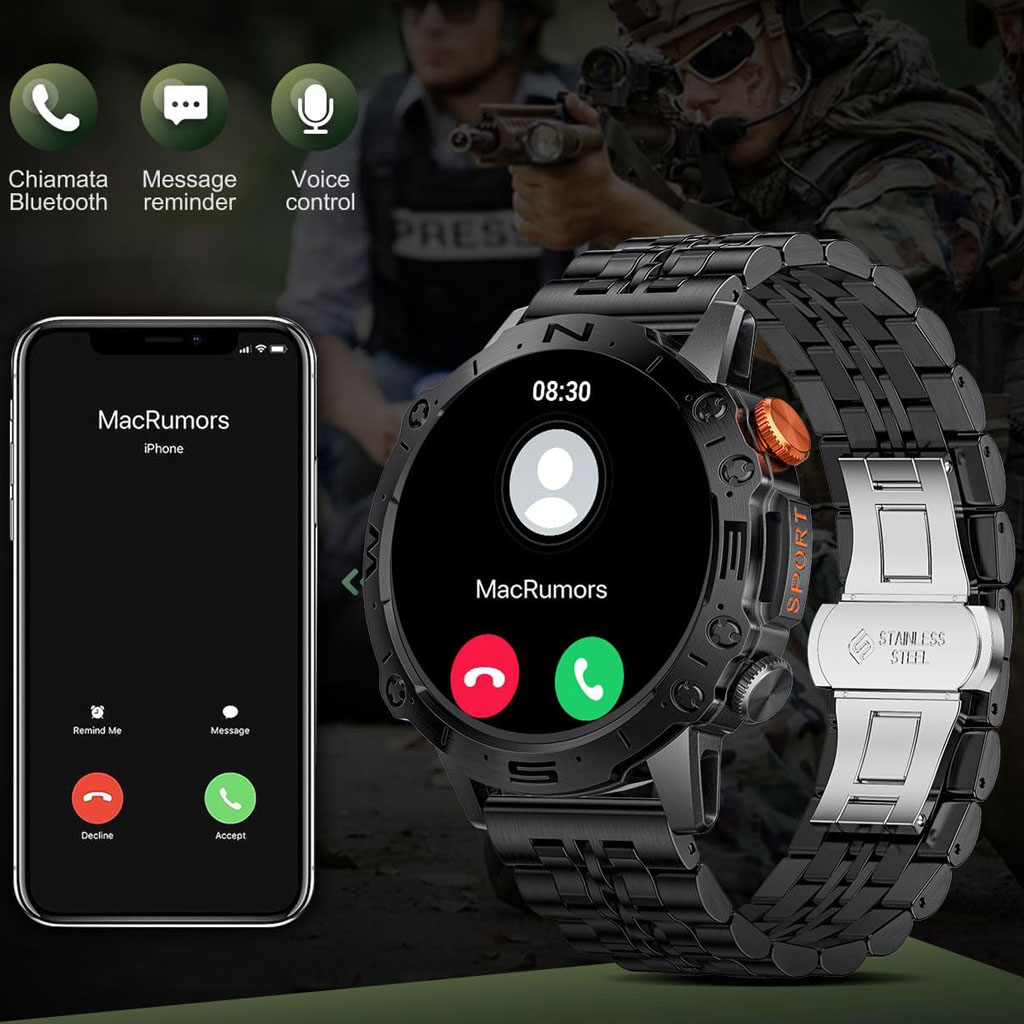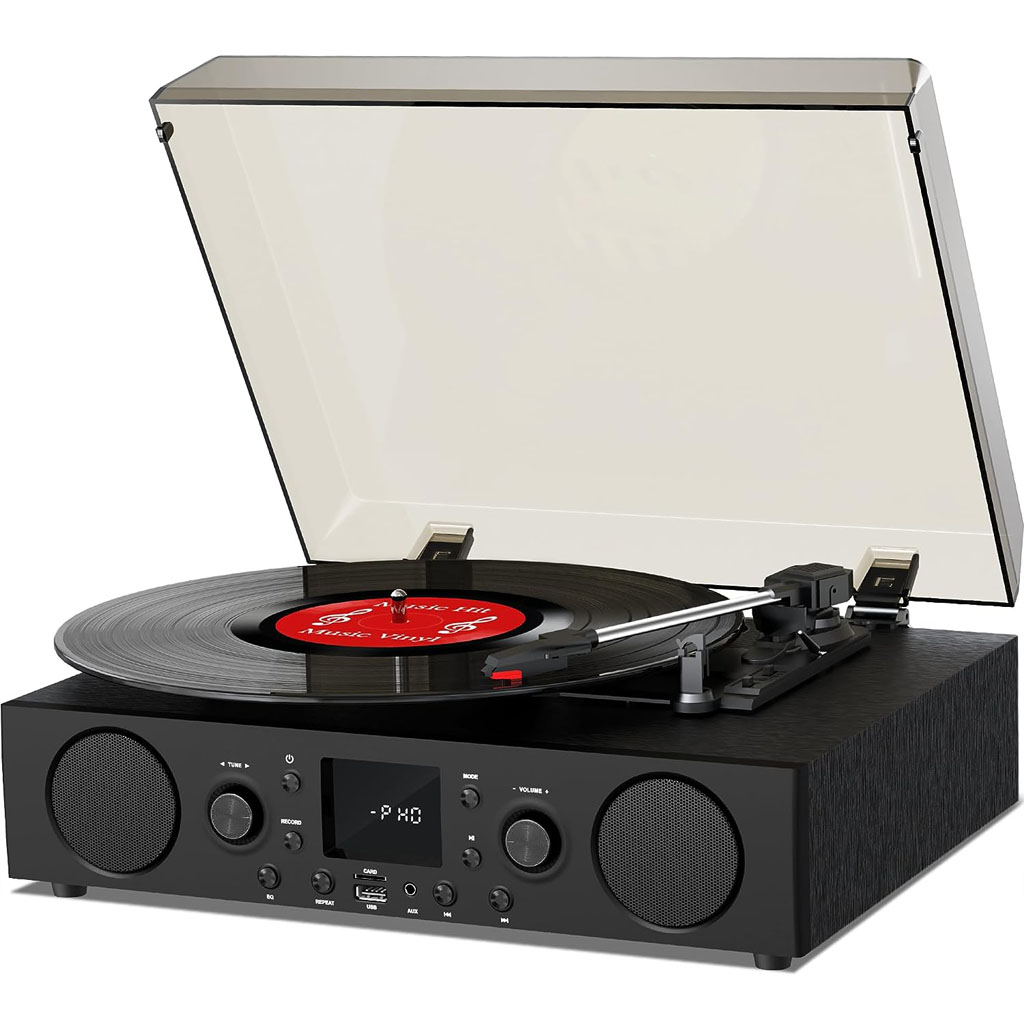
Last Updated | November 22, 2023
Introduction
In the dynamic realm of eCommerce, time is of the essence. Flourishing online retailers must navigate swiftly, stay abreast of trends, and deliver exceptional customer experiences. An efficient customer relationship management (CRM) system is an indispensable tool for achieving this. While Shopify is one of the premier eCommerce platforms, managing customer data and overseeing all aspects in one centralized location can be challenging. This is precisely where CRM integration emerges as a game-changer. This blog post will delve into the transformative potential of integration, illustrating how to optimize your Shopify experience with CRM.
Augmented Customer Visibility
When you integrate your Shopify store with a CRM system, you embark on a journey toward achieving unparalleled customer visibility. This integration opens the gateway to a comprehensive 360-degree view of your customers. It goes beyond mere transactional data, offering access to their complete purchase history, intricate account details, and the spectrum of interactions they’ve had with your brand. This wealth of consolidated information resides in one centralized location, providing an invaluable resource to understand, analyze, and engage with your customer base more effectively.
This augmented customer visibility is a game-changer for businesses. Armed with a holistic understanding of customer behavior, preferences, and history, you can craft targeted marketing campaigns that resonate on a personal level. This isn’t just about sending generic promotions; it’s about tailoring your approach based on real insights. Imagine the power of reaching out to a customer with a product recommendation that aligns perfectly with their purchase history or acknowledging their loyalty with a personalized discount. It’s about creating a seamless, personalized shopping experience beyond transactions.
Moreover, this comprehensive view empowers you to elevate customer service. When a customer reaches out, you can access their history instantly, enabling your support team to provide informed and personalized assistance. Whether resolving an issue, answering a query, or proactively addressing potential concerns, this integrated approach ensures that every interaction is meaningful and tailored to the individual customer.
Read Also: Shopify Development Plan – What To Consider
Streamlined Automated Processes
Integrating your Shopify store with a CRM system revolutionizes operational efficiency through streamlined, automated processes. Picture a scenario where routine tasks that once demanded considerable time and effort are now seamlessly executed. Lead assignment, invoice generation, and customer follow-up emails are just a few examples of the myriad tasks that can be automated, allowing you to reclaim precious time and resources.
Consider the efficiency gains of automatically assigning leads to your sales representatives based on predefined criteria. No more manual sorting or delays – the suitable tips are instantly directed to the right team members, optimizing your sales process. Invoice generation, often a time-consuming endeavor, becomes a breeze with automation. The system can generate invoices promptly, ensuring timely and accurate financial transactions.
Customer follow-up, a critical aspect of maintaining relationships, is elevated through automation. Timely and personalized follow-up emails can be triggered automatically, enhancing customer engagement and satisfaction. The beauty of this automation lies in its ability to improve productivity and effectiveness without compromising the personal touch that defines exceptional customer service.
By automating these day-to-day tasks, your team can focus on strategic and creative aspects of the business. Rather than being bogged down by repetitive tasks, they can channel their energy into areas that truly impact the growth and innovation of your business.
Effortless Sales Pipeline Management
Integrating your Shopify store with a CRM system transcends mere automation, revolutionizing how you manage your sales pipeline. The traditional complexities of tracking leads, executing deals, and forecasting revenue are seamlessly unified within the same platform, providing a holistic and effortless approach to sales pipeline management.
The enhanced visibility over your sales pipeline is a game-changer. You no longer need to juggle multiple platforms or rely on disparate systems to gather insights. Everything you need to track leads from initiation to conversion, manage ongoing deals, and forecast revenue is consolidated in one cohesive space. This integration ensures that data-driven decisions become second nature, enabling your team to focus on the most promising leads and opportunities.
Imagine having real-time insights into the status of each lead and deal. This capability allows for proactive decision-making, identifying bottlenecks, and capitalizing on emerging opportunities. Whether you’re a growing business or an established enterprise, having a unified view of your sales pipeline is instrumental in aligning your strategies with market dynamics and customer expectations.
Tailored Customization
A standout advantage of integrating your Shopify store with a CRM system is its liberty for tailored customization. Unlike one-size-fits-all solutions, this integration empowers you to shape and mold the system to align precisely with your unique business needs.
The ability to cherry-pick the data points you want to synchronize is invaluable. It ensures you’re not inundated with irrelevant information, allowing for a streamlined and focused approach to data management. Establishing custom workflows is another facet of customization that enhances operational efficiency. Workflows can be designed to match your specific business processes, ensuring that the integration seamlessly aligns with your established workflows.
Furthermore, the capacity to create bespoke reports is a powerful tool for strategic decision-making. Tailor reports to extract the exact insights you need, whether it’s analyzing sales performance, customer behavior, or inventory trends. This flexibility ensures that the integration doesn’t impose limitations on your business; instead, it adapts to become an organic extension of your operations.
In essence, tailored customization isn’t just a feature; it’s a philosophy that places control firmly in your hands. Rather than conforming your business to the limitations of a system, you’re shaping the system to elevate and complement your business processes.
Elevated Customer Experience
At the pinnacle of the benefits derived from integrating your Shopify store with a CRM system is the ability to elevate the customer experience to unprecedented heights. Gaining a 360-degree view of your customers transcends transactional interactions, delving into personalized engagement and meaningful connections.
With a comprehensive understanding of your customers, you can craft and deliver more personalized marketing campaigns. It’s about moving beyond generic promotions and resonating with each customer individually. Tailor your messaging based on their purchase history, preferences, and interactions with your brand. This level of personalization creates a bond with your customers, fostering loyalty and long-term relationships.
The integrated approach extends to customer support, where a 360-degree customer view empowers your team to deliver unparalleled assistance. No more sifting through disparate systems to gather information – it’s all readily available in one place. Whether addressing an issue, providing product recommendations, or acknowledging a milestone in their customer journey, each interaction becomes a meaningful touchpoint.
Furthermore, the potential for more meaningful interactions goes beyond transactions. It’s about understanding the nuances of your customers’ journeys and proactively engaging with them. From personalized recommendations to exclusive offers based on their preferences, the integrated approach ensures that each customer feels seen, valued, and appreciated.
Impact of CRM Integration on Customer Experience in Shopify
| Aspect of Customer Experience | Benefits/Impact |
| Personalized Marketing Campaigns | – Increased customer engagement |
| – Higher conversion rates | |
| – Enhanced brand loyalty | |
| – Improved customer satisfaction | |
| – Boosted revenue through targeted promotions | |
| 360-Degree Customer View in Support | – Expedited issue resolution |
| – Improved customer satisfaction | |
| – Reduced response times | |
| – Enhanced ability to provide tailored assistance | |
| – Strengthened customer relationships | |
| Proactive Engagement Beyond Transactions | – Higher customer retention rates |
| – Increased customer lifetime value | |
| – Strengthened brand-consumer relationships | |
| – Positive impact on brand advocacy | |
| – Improved overall customer experience |
These aspects showcase the tangible benefits and impact of integrating Shopify with a CRM system, emphasizing how it directly contributes to an elevated customer experience.
See Also: 5 Benefits of Local Shopify Development Services
Conclusion
In summary, the integration of CRM into your Shopify store emerges not just as a powerful tool but as a strategic imperative for store owners navigating the intricate landscape of eCommerce. It transcends the realm of mere business processes, offering a holistic approach that reshapes operational efficiency, amplifies customer experiences, and illuminates the intricate pathways of the sales pipeline. The transformative potential lies in the trinity of automating tasks, gaining a panoramic customer view, and the customized adaptation of the integration to align seamlessly with the unique contours of your business.
Embarking on the journey of CRM integration marks a pivotal starting point for those ardent Shopify entrepreneurs seeking improvement and a revolution in their business dynamics. It’s a gateway to a new era where time-consuming tasks are automated, customer interactions are elevated to personalized art, and your sales pipeline becomes a transparent, well-managed ecosystem.
Yet, the journey doesn’t end with integration; it unfolds into a realm of limitless possibilities. For those eager to amplify their Shopify experience and take their business to soaring heights, a beacon of optimization exists. Shopify Custom Development Services by Folio3 isn’t just a service; it’s a tailored solution, a bespoke pathway crafted to propel your eCommerce business into unprecedented territories of success. Here, customization isn’t just a feature; it’s a commitment to ensuring that your business doesn’t just adapt but thrives, standing resilient in the face of dynamic market demands.
As you contemplate the next steps in optimizing your Shopify experience, the alliance with Folio3’s Shopify Custom Development Services beckons. It’s more than an exploration; it’s an expedition into a realm where your business isn’t just in pace with the market; it’s ahead of the curve, shaping trends and setting new benchmarks. The integration journey with CRM sets the foundation, and with Folio3, the trajectory is set for an ascent into a future where your eCommerce business isn’t just a player; it’s a trailblazer, redefining the standards of success in the digital commerce landscape.
FAQ’s
Q1: What is the primary purpose of integrating Shopify with a CRM system?
A1: The primary purpose of integrating Shopify with a CRM system is to streamline and consolidate key business processes. Doing so lets you gain a 360-degree view of your customers, automate daily tasks, and enhance your overall Shopify experience.
Q2: How does CRM integration benefit customer visibility on a Shopify store?
A2: CRM integration significantly enhances customer visibility by providing a comprehensive view of their purchase history, account details, and interactions with your brand—all consolidated in one place. This consolidated data is valuable for crafting targeted marketing campaigns and personalizing the customer experience.
Q3: Can you provide examples of tasks that can be automated through Shopify and CRM integration?
A3: Absolutely. Tasks such as lead assignment, invoice generation, and customer follow-up emails can be automated through Shopify and CRM integration. This saves time and allows businesses to focus on more strategic aspects of their operations.
Q4: How does CRM integration contribute to sales pipeline management in a Shopify environment?
A4: CRM integration in Shopify facilitates seamless sales pipeline management by offering greater visibility. Businesses can effectively track leads, manage deals, and forecast revenue—all from the same platform. This data-driven approach enables more informed decision-making and focused efforts on promising leads.
Q5: Why is customization significantly beneficial to integrating Shopify with a CRM system?
A5: Customization is crucial because it allows businesses to tailor the integration to meet their needs. With Shopify and CRM integration, you can choose which data points to sync, establish custom workflows, and create reports that align with your unique business requirements. This adaptability ensures that the integration complements your business processes rather than imposing constraints.
Source: https://ecommerce.folio3.com/blog/streamline-shopify-store-with-crm-integration/






